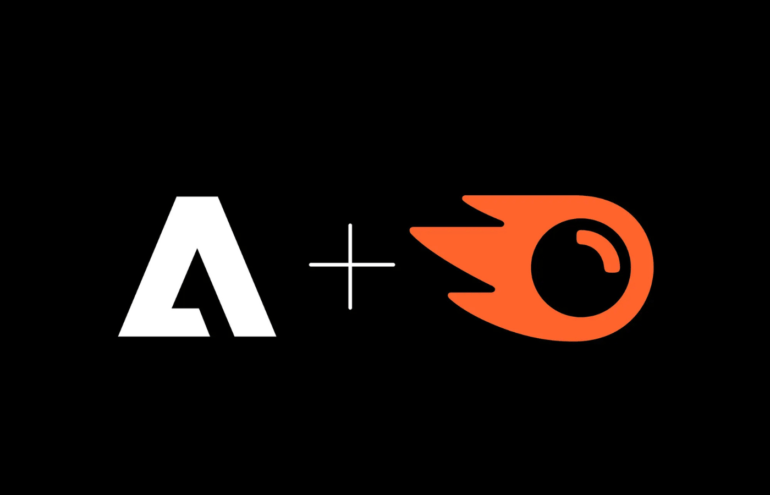Click here to buy secure, speedy, and reliable Web hosting, Cloud hosting, Agency hosting, VPS hosting, Website builder, Business email, Reach email marketing at 20% discount from our Gold Partner Hostinger You can also read 12 Top Reasons to Choose Hostinger’s Best Web Hosting
Adobe (Nasdaq: ADBE) has entered into a definitive agreement in which Adobe acquires Semrush Holdings, Inc. (NYSE: SEMR) in an all-cash transaction valued at approximately $1.9 billion, signaling a massive strategic pivot to dominate the emerging field of “Generative Engine Optimization” (GEO).
The deal, announced Wednesday and approved by both boards, will see Adobe pay $12.00 per share for the Boston-based marketing visibility platform—a premium of roughly 77% over Semrush’s November 18 closing price of $6.76. The acquisition is expected to close in the first half of 2026, subject to regulatory approvals and shareholder consent.

This move integrates Semrush’s massive keyword and competitive intelligence dataset directly into the Adobe Experience Cloud, creating a unified workflow for marketers attempting to navigate the chaotic shift from traditional search engines to AI-driven answers.
Semrush Pricing: How Semrush’s 7-Day Free Trial Can Multiply Your ROI to 10X
The Race for “GEO” Dominance
For Adobe, this acquisition is less about traditional SEO and more about future-proofing its marketing stack for the age of Agentic AI. As consumers increasingly rely on Large Language Models (LLMs) like ChatGPT, Claude, and Gemini for answers, brands are struggling to maintain visibility.
Adobe plans to combine Semrush’s data with its own AI tools to offer “Generative Engine Optimization” (GEO)—a way for brands to ensure they are cited and recommended by AI models.
“Brand visibility is being reshaped by generative AI, and brands that don’t embrace this new opportunity risk losing relevance and revenue,” said Anil Chakravarthy, president of Adobe’s Digital Experience Business. “With Semrush, we’re unlocking GEO for marketers as a new growth channel alongside their SEO.”
5 SEO Problems Killing Your Traffic (and How the SEMrush 7-Day Trial Fixes Them)
Deal Details and Market Reaction
Following the announcement, Semrush shares surged nearly 74% in trading, hovering around $11.76, just shy of the acquisition price. The $1.9 billion valuation represents a significant exit for Semrush, which had seen its market cap fluctuate around $1 billion earlier this year.
Unlike Adobe’s failed $20 billion bid for Figma in 2023, which collapsed under regulatory scrutiny, analysts expect this smaller, vertical-specific deal to face fewer antitrust hurdles. The transaction will be funded through Adobe’s cash reserves.
“This is the right move at the right time,” said Bill Wagner, CEO of Semrush. “With the advent of LLMs and AI-driven search, brands need to understand where and how their customers are engaging. This combination provides marketers more insights to increase their discoverability.”
Semrush One Helps Track SEO and AI Visibility in One Place
What it Means for Marketers that Adobe Acquires Semrush
The integration promises to solve a fragmented workflow. Currently, marketers use Adobe for content creation and analytics, but switch to tools like Semrush to see what topics are trending or how competitors are ranking.
By folding Semrush into the Adobe ecosystem, the company aims to create a loop:
Identify: Use Semrush data to find what AI models are saying about a brand.
Create: Use Adobe Firefly and Express to generate optimized content.
Measure: Use Adobe Analytics to track conversion from both search and AI chat sources.
Why Semrush and Similarweb Are Different
Why it matters: Traditional SEO is declining as users turn to AI chatbots. Adobe’s purchase of Semrush validates the industry’s pivot to GEO (Generative Engine Optimization). It signals that the future of digital marketing isn’t just about ranking on a results page—it’s about training the AI models to recommend your brand.






